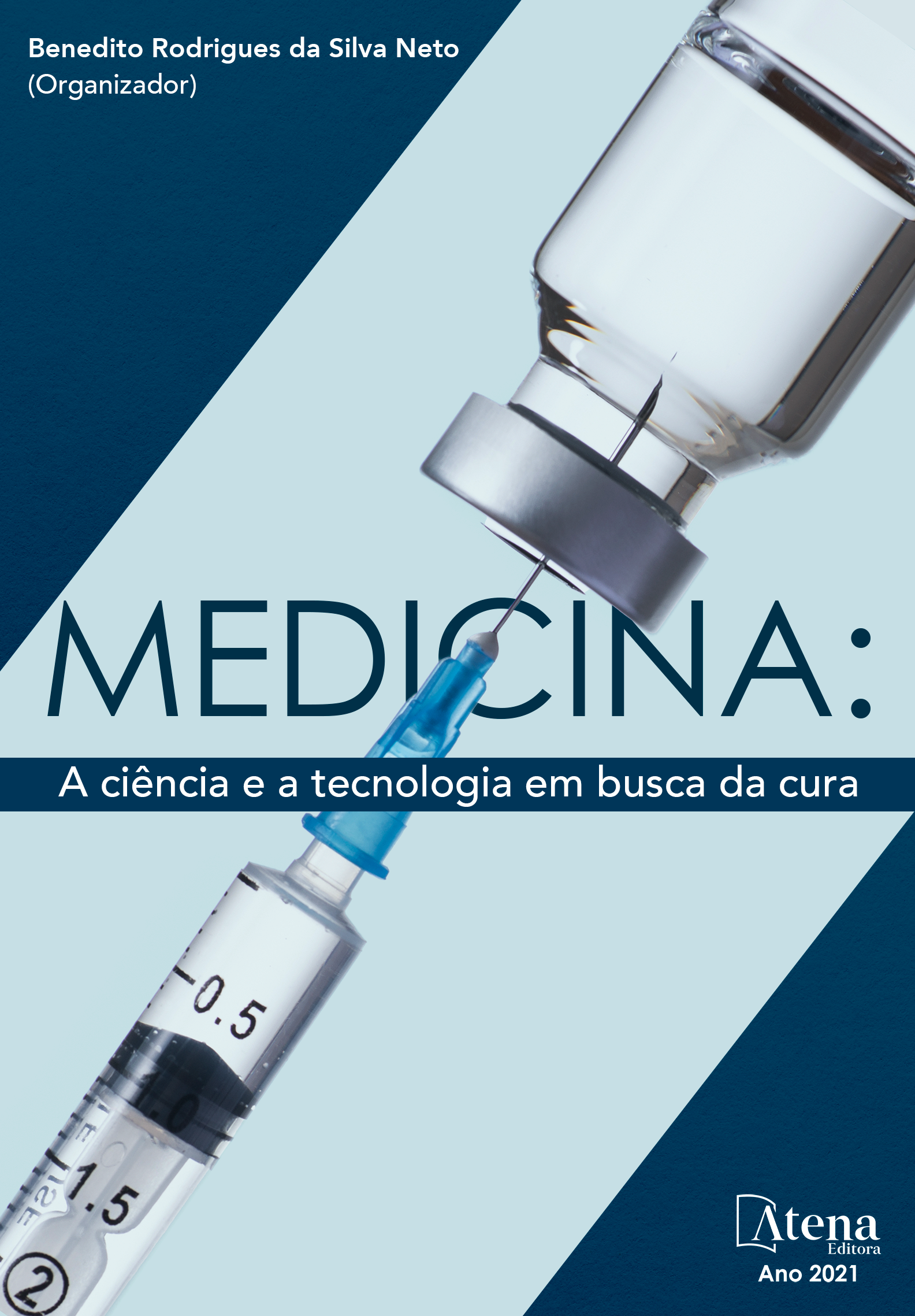
ASTHMA IN PRIMARY CARE: THE ROLE OF BASIC HEALTH UNITS IN THE PREVENTION OF EXACERBATIONS
Asthma is a chronic, inflammatory lung disease characterized by a hyperresponsiveness of the airways that limits the respiratory flow, mainly triggered by environmental exposure and inadequate management of the disease. This disease affects about 300 million people worldwide and a good part of the Brazilian population. Its epidemiological characteristic is the generation of extensive expenses for the federal governments and for the SUS, having as the basis of its pharmacological treatment the use of corticosteroids and bronchodilators of short and long duration, using inhalation devices as essential equipment and more modern according to new studies to avoid its most important complication: exacerbation (with its main symptoms of hypoxemia, dyspnea and lowered level of consciousness). The objective of this work is to understand the role of health professionals in Primary Care and how to prevent these exacerbations and effectively reduce morbidity and mortality and reduce costs. A search was carried out in review articles, in order to understand the best ways to approach the patient in primary care, based on 3 main pillars: environmental control for the asthmatic patient; the correct use of inhaler devices and the initial management of an asthma attack. It is concluded that, with this review article, the role of professionals in Primary Health Care and Basic Health Units are essential for better asthma control, reducing possible crises and improving the patient's quality of life.
ASTHMA IN PRIMARY CARE: THE ROLE OF BASIC HEALTH UNITS IN THE PREVENTION OF EXACERBATIONS
-
DOI: 10.22533/at.ed.94621201225
-
Palavras-chave: Asthma, Primary Health Care, Beclomethasone, Allergens, Chronic Illness
-
Keywords: Asthma, Primary Health Care, Beclomethasone, Allergens, Chronic Illness
-
Abstract:
Asthma is a chronic, inflammatory lung disease characterized by a hyperresponsiveness of the airways that limits the respiratory flow, mainly triggered by environmental exposure and inadequate management of the disease. This disease affects about 300 million people worldwide and a good part of the Brazilian population. Its epidemiological characteristic is the generation of extensive expenses for the federal governments and for the SUS, having as the basis of its pharmacological treatment the use of corticosteroids and bronchodilators of short and long duration, using inhalation devices as essential equipment and more modern according to new studies to avoid its most important complication: exacerbation (with its main symptoms of hypoxemia, dyspnea and lowered level of consciousness). The objective of this work is to understand the role of health professionals in Primary Care and how to prevent these exacerbations and effectively reduce morbidity and mortality and reduce costs. A search was carried out in review articles, in order to understand the best ways to approach the patient in primary care, based on 3 main pillars: environmental control for the asthmatic patient; the correct use of inhaler devices and the initial management of an asthma attack. It is concluded that, with this review article, the role of professionals in Primary Health Care and Basic Health Units are essential for better asthma control, reducing possible crises and improving the patient's quality of life.
-
Número de páginas: 19
- Jorge Radif Rassi Filho


